Video portraits
Interview series: Staff members and fellows of the IEG in portrait
In this series, a collaboration with the Department of Journalism at JGU, researchers and international fellows of the Leibniz Institute for European History (IEG) present their current projects and talk about their work at the IEG and their stay in Mainz.
Guillaume Minea Pic
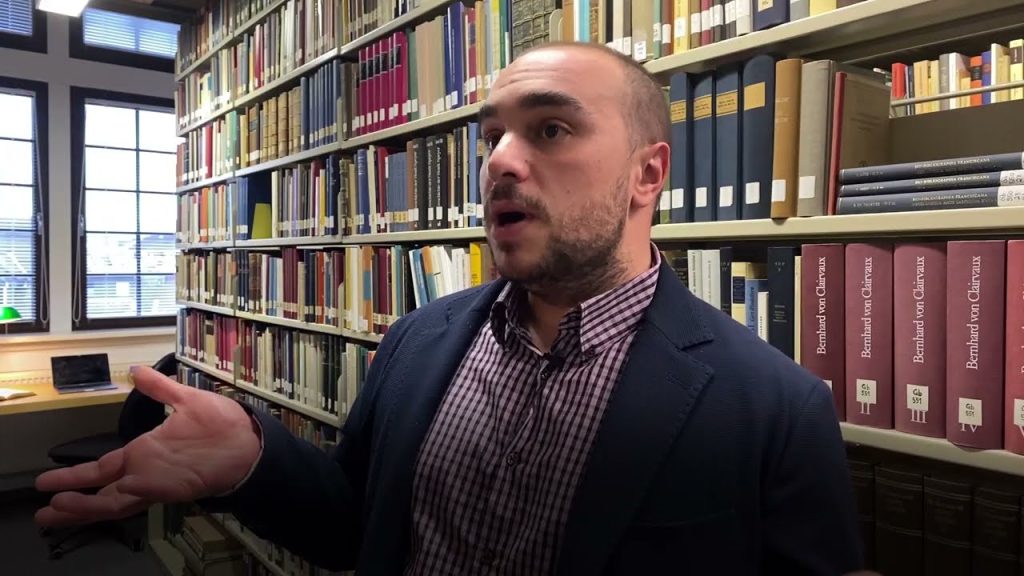
Beim Klick auf dieses Video wird eine Verbindung zum Externen-Server hergestellt und eventuell Daten übertragen.
Lolua Prasch
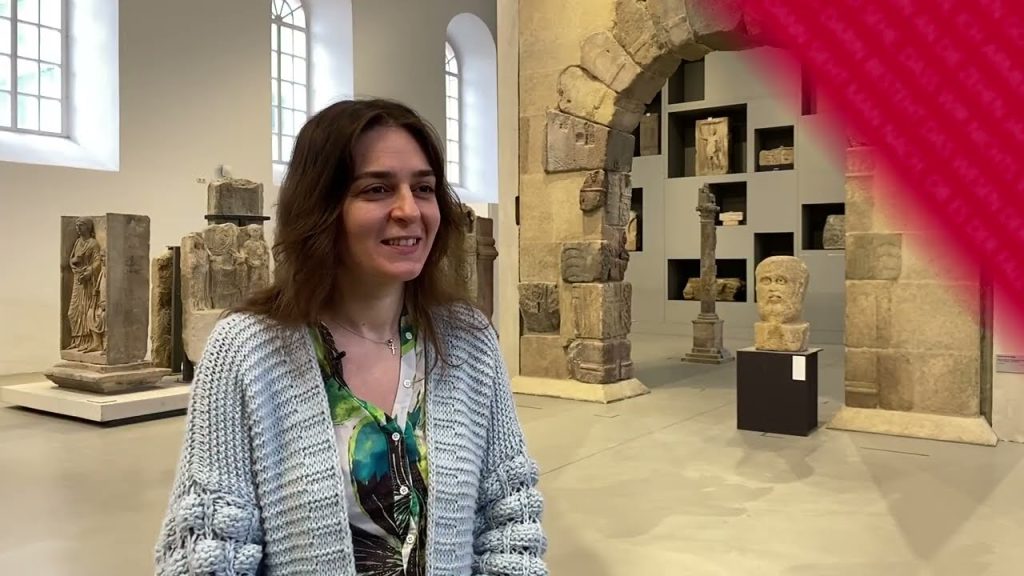
Beim Klick auf dieses Video wird eine Verbindung zum Externen-Server hergestellt und eventuell Daten übertragen.
Sophia Friedel
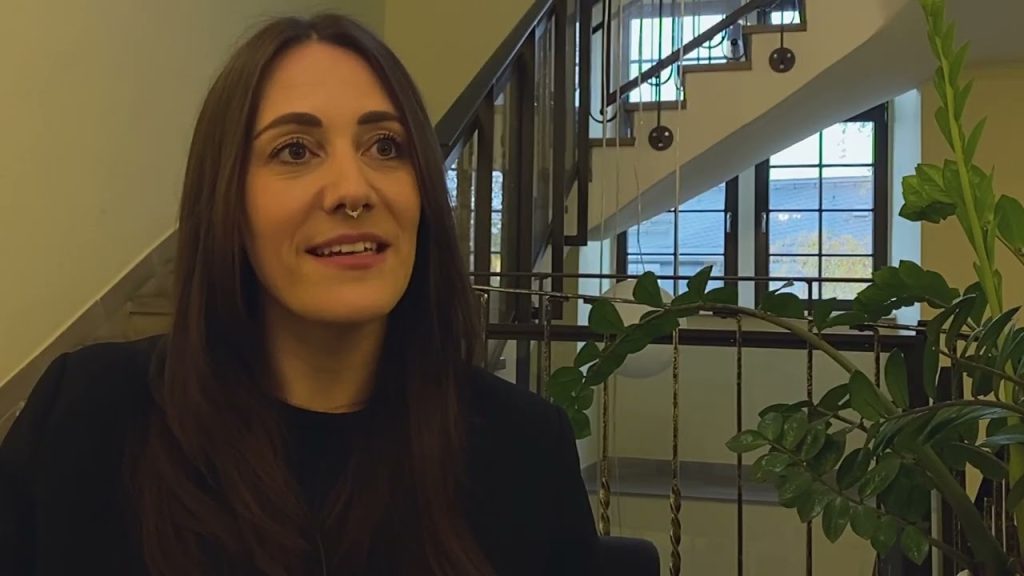
Beim Klick auf dieses Video wird eine Verbindung zum Externen-Server hergestellt und eventuell Daten übertragen.
Sonja Diegmüller
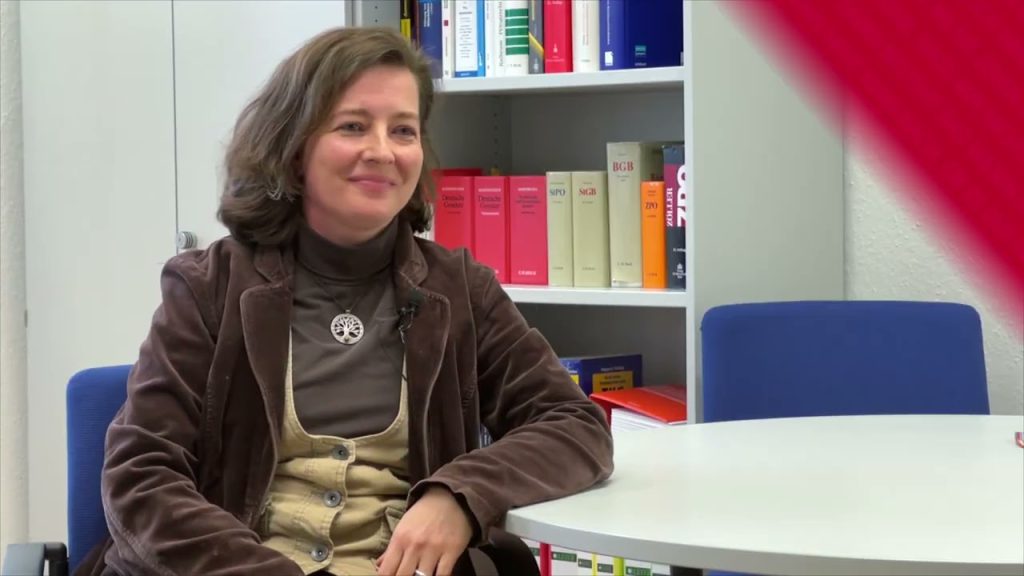
Beim Klick auf dieses Video wird eine Verbindung zum Externen-Server hergestellt und eventuell Daten übertragen.
Here you can find the archive of the interview series:
As part of the television editorial course (winter semesters 2015/16, 2016/17, 2017/18, and 2019/20) at the Department of Journalism of Johannes Gutenberg University Mainz, portrait films were produced featuring researchers and fellows of the Leibniz Institute for European History (IEG).
The researchers present their current projects and talk about their work at the IEG and their stay in Mainz. In this way, the IEG’s research activities are brought closer to an interested public. Future fellows gain insights into life at the institute and valuable orientation for their own professional development.
Sarah Panter
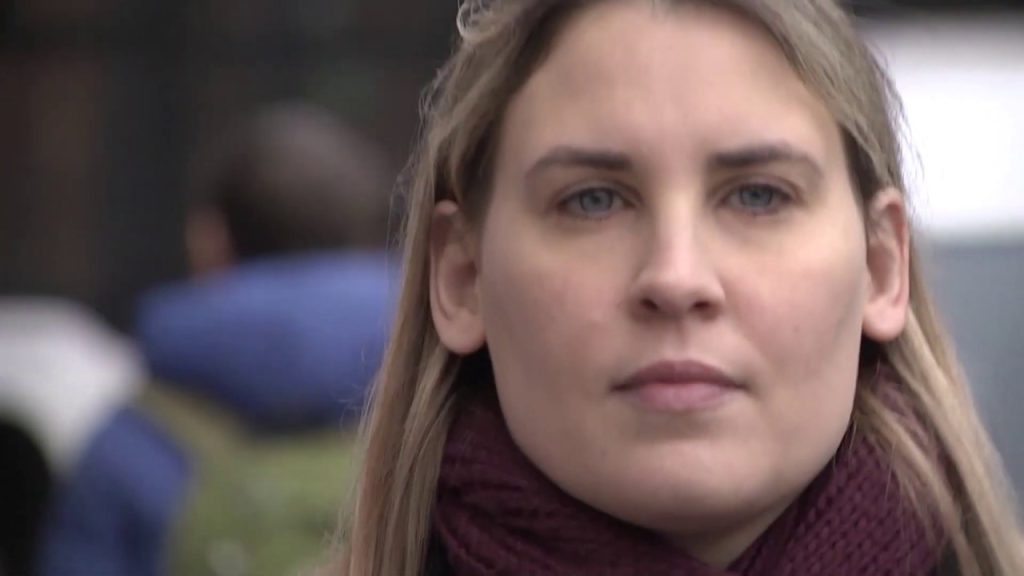
Beim Klick auf dieses Video wird eine Verbindung zum Externen-Server hergestellt und eventuell Daten übertragen.
In this interview, Sarah Panter talks about how her current research topic relates to today’s migration debates, how she balances family and career, and why Schillerplatz — her favorite place in Mainz — is, in her view, about much more than just carnival.
Alessandro Grazi
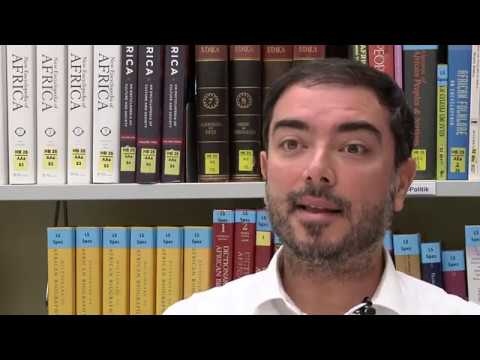
Beim Klick auf dieses Video wird eine Verbindung zum Externen-Server hergestellt und eventuell Daten übertragen.
In his video portrait, Alessandro Grazi talks about how his academic journey eventually led him to Mainz, why he still commutes from Giessen every day, and explains why the number of countries he has visited must always be higher than his age.
Lars-Dieter Leisner
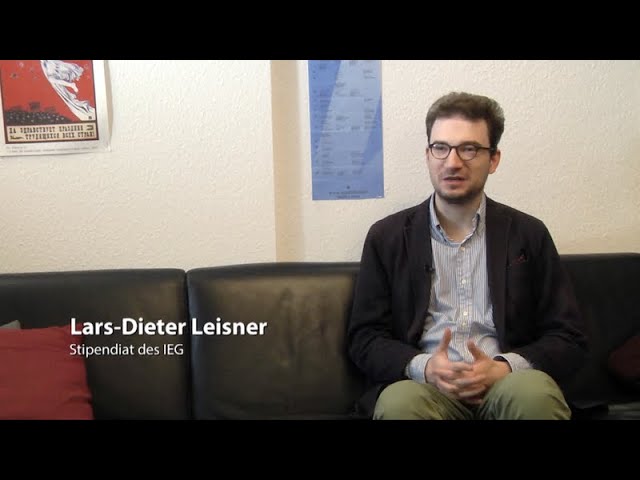
Beim Klick auf dieses Video wird eine Verbindung zum Externen-Server hergestellt und eventuell Daten übertragen.
In the video contribution, Lars-Dieter Leisner talks about how women in the early modern period have long been underestimated, why his fellowship at the IEG is not all about work, and why he dreams of one day traveling into space.
Noëmie Duhaut
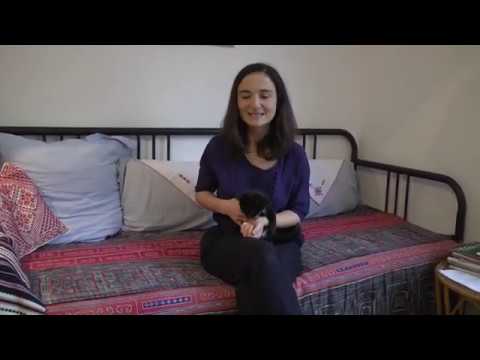
Beim Klick auf dieses Video wird eine Verbindung zum Externen-Server hergestellt und eventuell Daten übertragen.
In this video, Noëmie Duhaut talks about feelings of home, pets named after street food, and why Adolphe Crémieux — a nearly forgotten French politician of the 19th century — is still worth remembering today.
David Roman de Boer
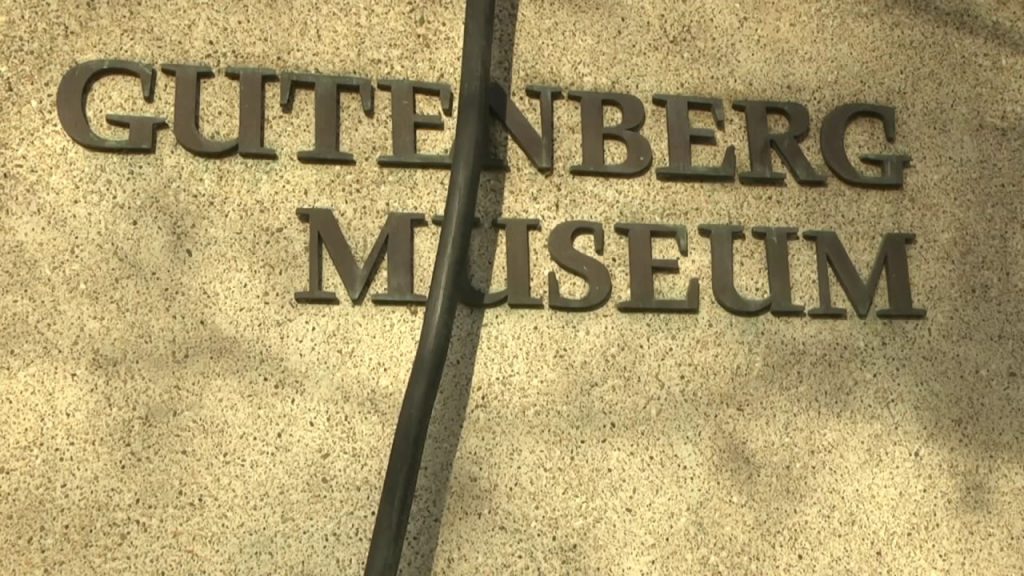
Beim Klick auf dieses Video wird eine Verbindung zum Externen-Server hergestellt und eventuell Daten übertragen.
Eveline G. Bouwers
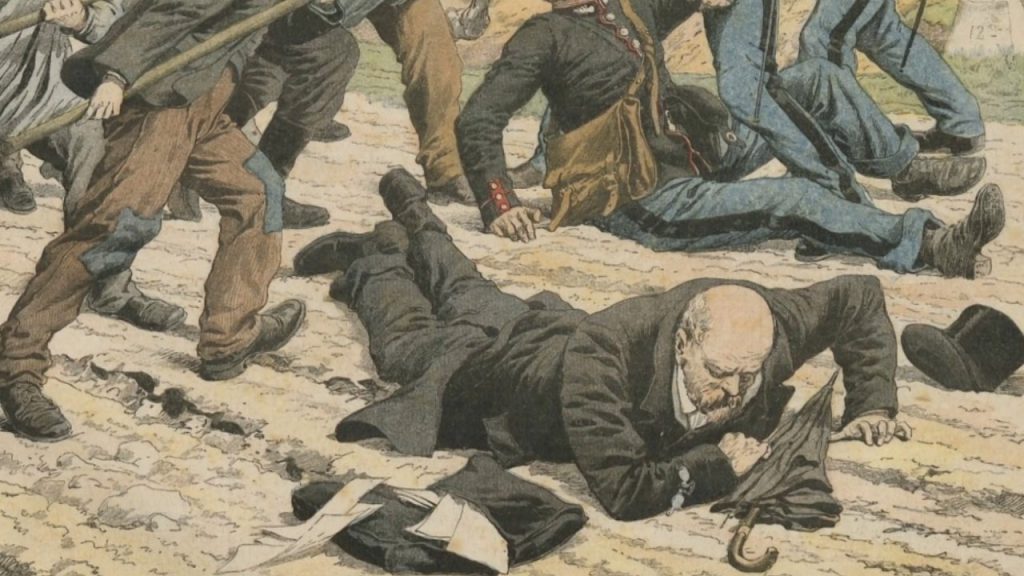
Beim Klick auf dieses Video wird eine Verbindung zum Externen-Server hergestellt und eventuell Daten übertragen.
In the video contribution, she talks about her current research project, “Catholic Crowd Action: The Violent Struggle for Public Religion in Europe (1864–1914)”.
Johanna Blume
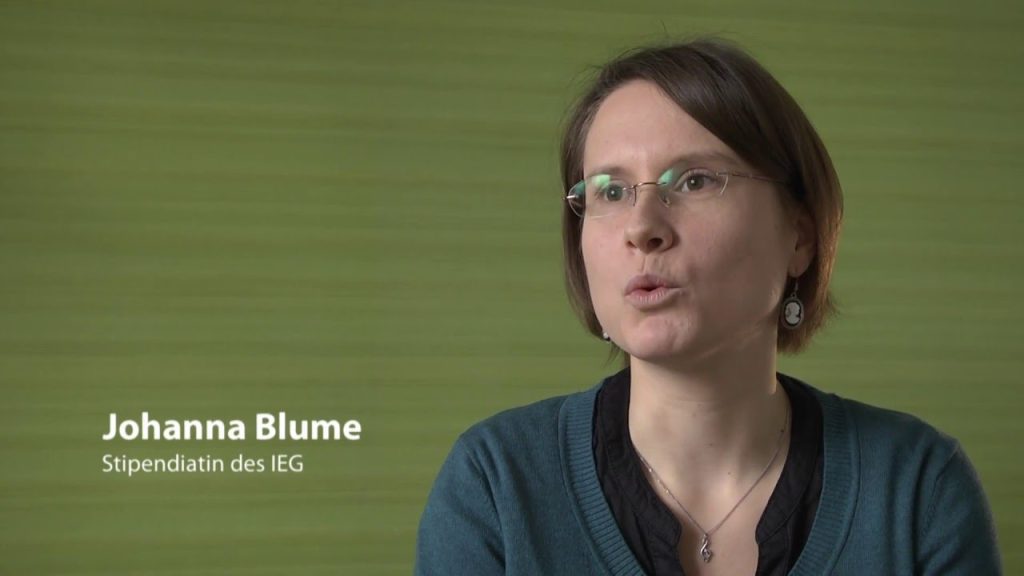
Beim Klick auf dieses Video wird eine Verbindung zum Externen-Server hergestellt und eventuell Daten übertragen.
She particularly appreciates the lively exchange within the institute, the open access to the library, and the comfort the IEG provides. Johanna is also enthusiastic about Mainz’s beautiful old town, its proximity to the Rhine, and the fact that, despite the city’s size, almost everything is within walking distance.
Johannes Dafinger
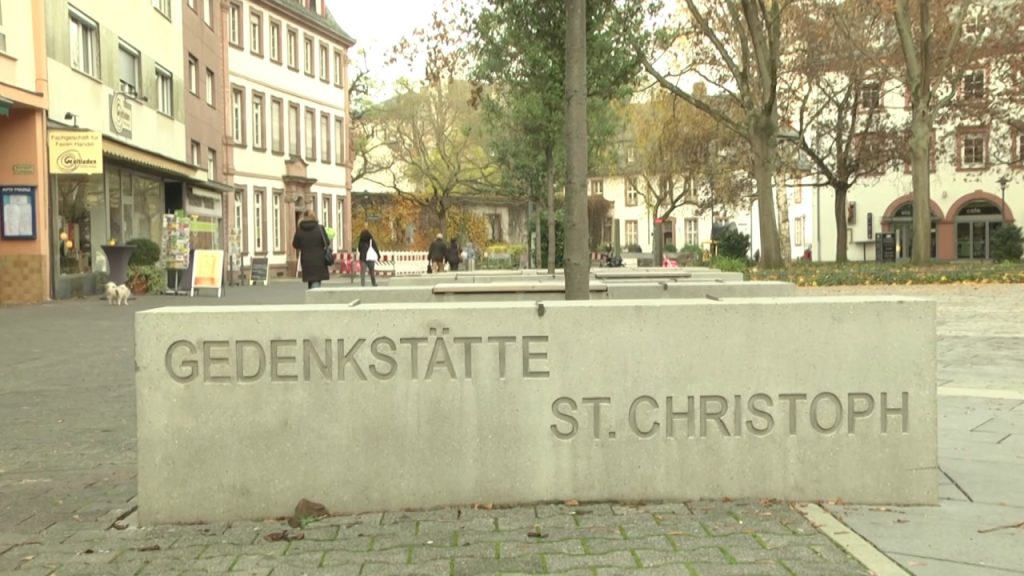
Beim Klick auf dieses Video wird eine Verbindung zum Externen-Server hergestellt und eventuell Daten übertragen.
Elsa Duval
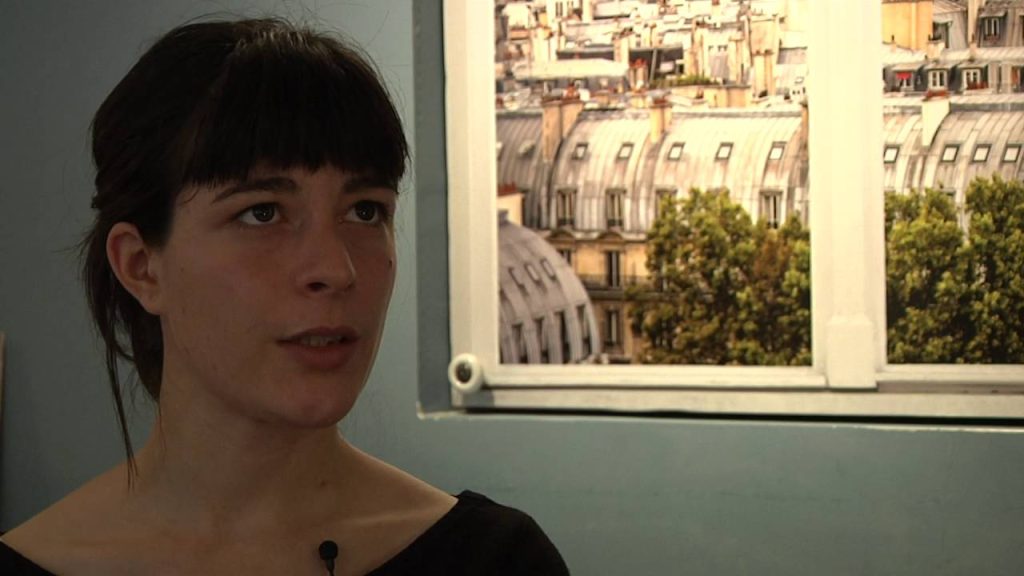
Beim Klick auf dieses Video wird eine Verbindung zum Externen-Server hergestellt und eventuell Daten übertragen.
Duval studied History and Sociology at Bielefeld University before completing a Master’s degree in Paris. She subsequently held academic positions at Columbia University in New York and at the Faculty of Foreign Languages, Tamkang University, Taiwan. Her project is part of the research initiative “Knowledge of the World – Heritage of Humanity: The History of UNESCO’s World Cultural and Natural Heritage.”
Mihai-D. Grigore
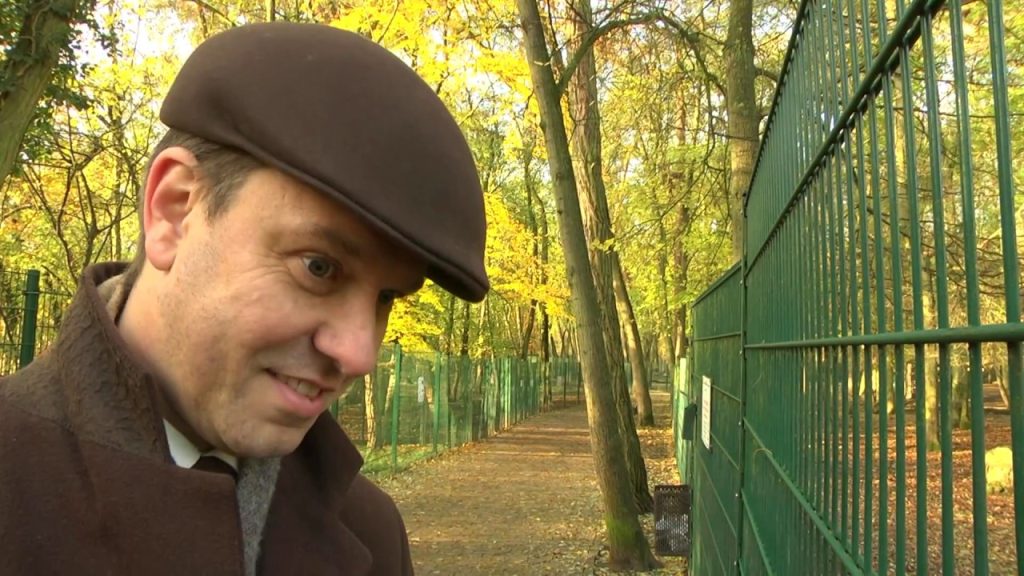
Beim Klick auf dieses Video wird eine Verbindung zum Externen-Server hergestellt und eventuell Daten übertragen.
At the IEG, his research focuses on interconfessional dynamics in Southeastern Europe, examining the three main Christian denominations of the Danubian principalities — Wallachia, Moldavia, and Transylvania.
A great coffee enthusiast, Mihai-D. Grigore appreciates the institute’s proximity to one of Mainz’s coffeehouses, where he likes to start his day with a good cup of coffee to get into the right mindset for work. In his free time, the father of a young daughter enjoys spending time with his family in nature.
Andrea Hofmann
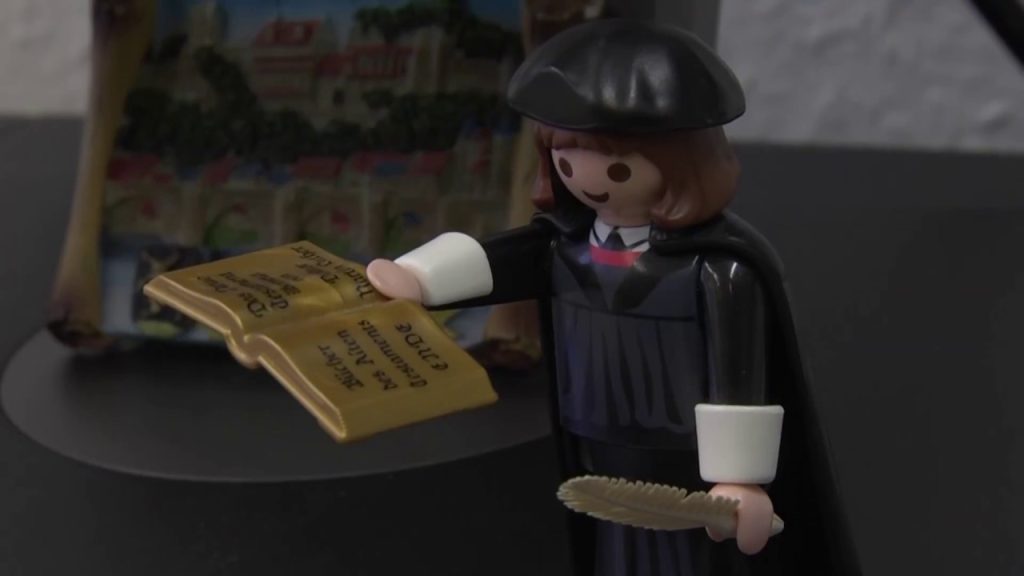
Beim Klick auf dieses Video wird eine Verbindung zum Externen-Server hergestellt und eventuell Daten übertragen.
In this video, Andrea Hofmann talks about her research, her faith, and life in Mainz.
Elisabeth Janik-Freis
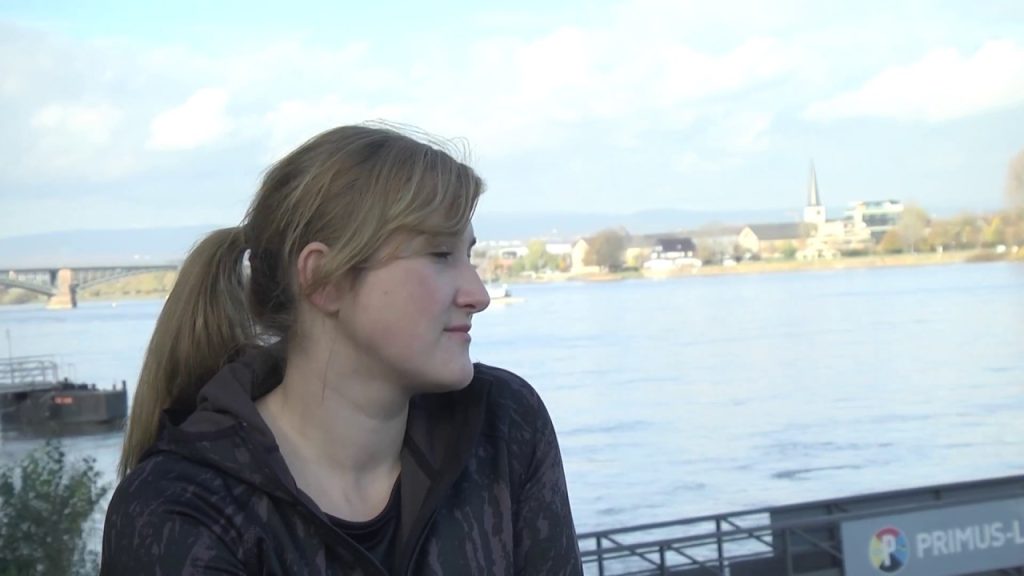
Beim Klick auf dieses Video wird eine Verbindung zum Externen-Server hergestellt und eventuell Daten übertragen.
In this video portrait, Elisabeth Janik-Freis shares how she discovered her dissertation topic after studying History and German Studies in Bochum and Krakow, and reveals how her research subject connects to her own biography.
Henning P. Jürgens
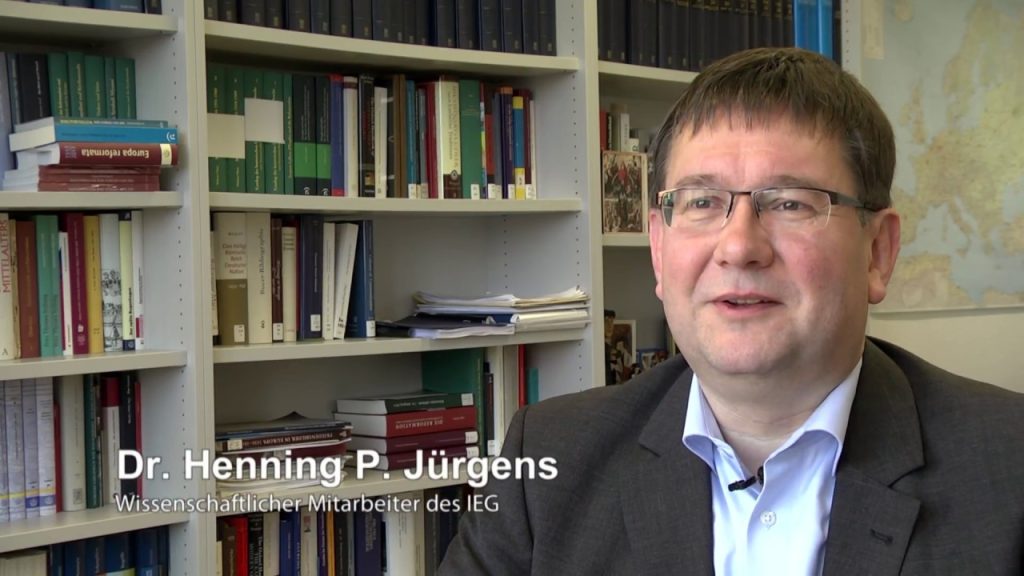
Beim Klick auf dieses Video wird eine Verbindung zum Externen-Server hergestellt und eventuell Daten übertragen.
Fabian Klose
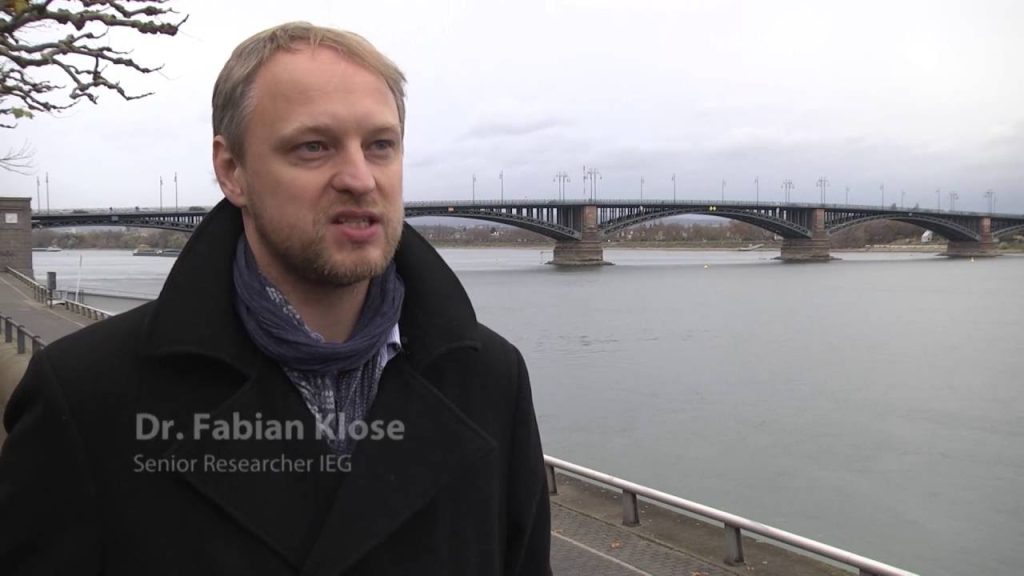
Beim Klick auf dieses Video wird eine Verbindung zum Externen-Server hergestellt und eventuell Daten übertragen.
In addition to his research, Klose is one of the initiators of the Global Humanitarianism Research Academy, which aims to connect early-career researchers from around the world who study humanitarianism as a central field of research.
Vít Kortus
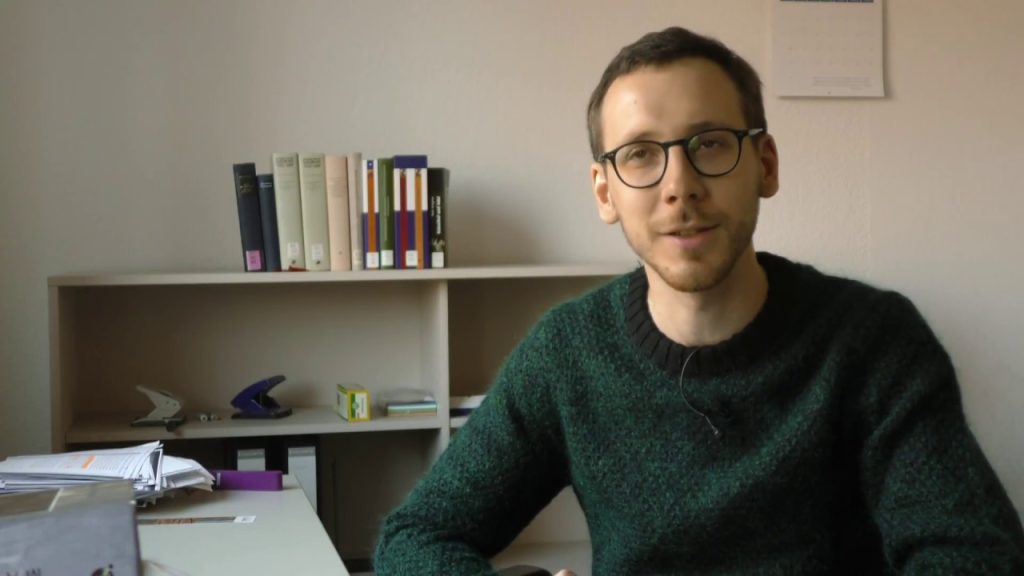
Beim Klick auf dieses Video wird eine Verbindung zum Externen-Server hergestellt und eventuell Daten übertragen.
In this video, Vít Kortus discusses his research project “Arriving, Settling, Integrating? The Bohemian Branches of the Thun and Hohenstein Family in the 17th Century,” his connection to Germany and the German language, and his ongoing battle with his inner weaker self.
Marie-Christin Lux
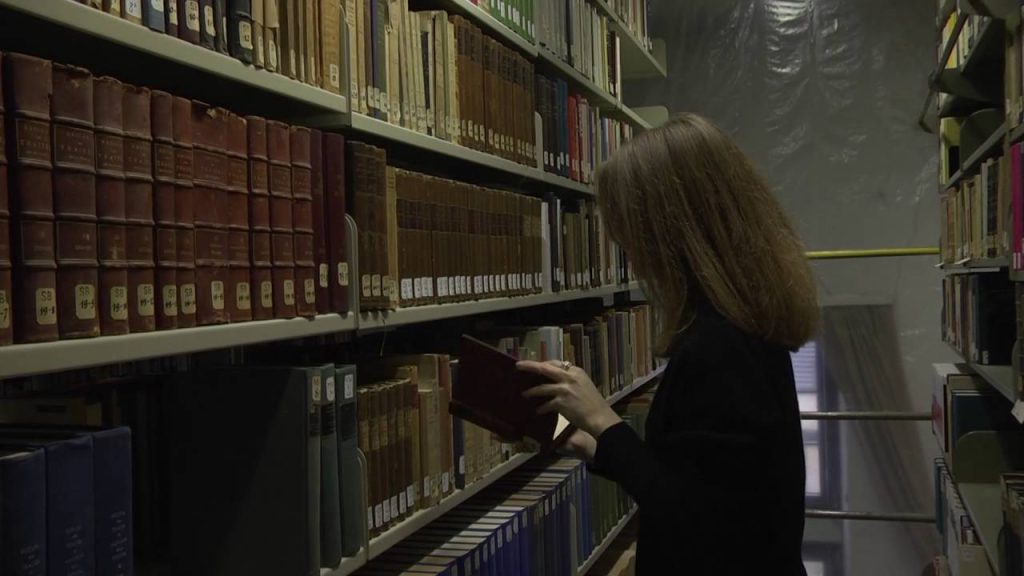
Beim Klick auf dieses Video wird eine Verbindung zum Externen-Server hergestellt und eventuell Daten übertragen.
The doctoral candidate aims to explore war experiences from a different perspective than the conventional one — her focus is not on the soldier in the trenches, but on the civilian population.
For her, the IEG is not only a place with ideal working conditions, but also one that offers a warm and collegial environment, as well as access to Mainz’s vibrant cultural life.
Nora Mengel
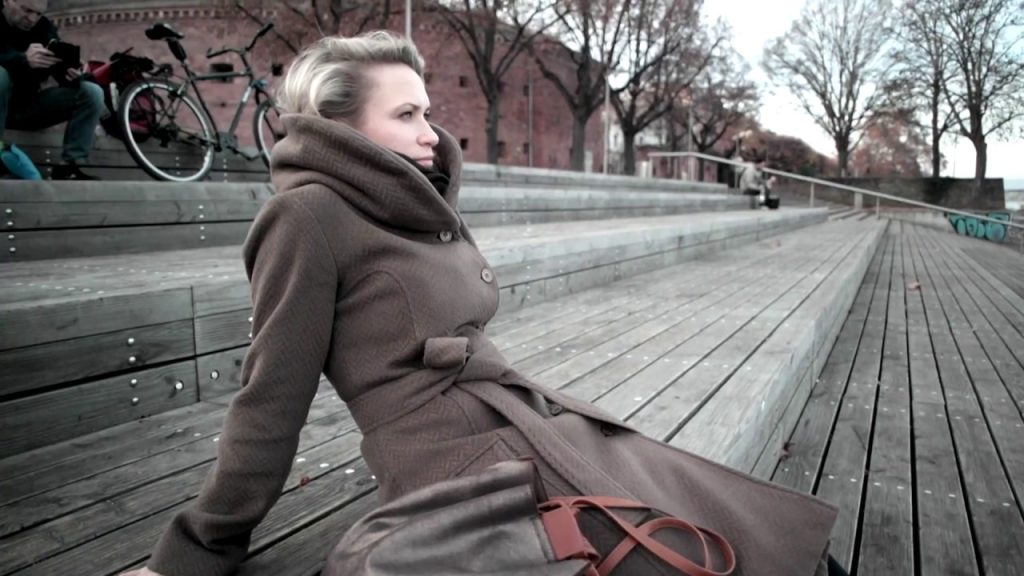
Beim Klick auf dieses Video wird eine Verbindung zum Externen-Server hergestellt und eventuell Daten übertragen.
Esther Möller
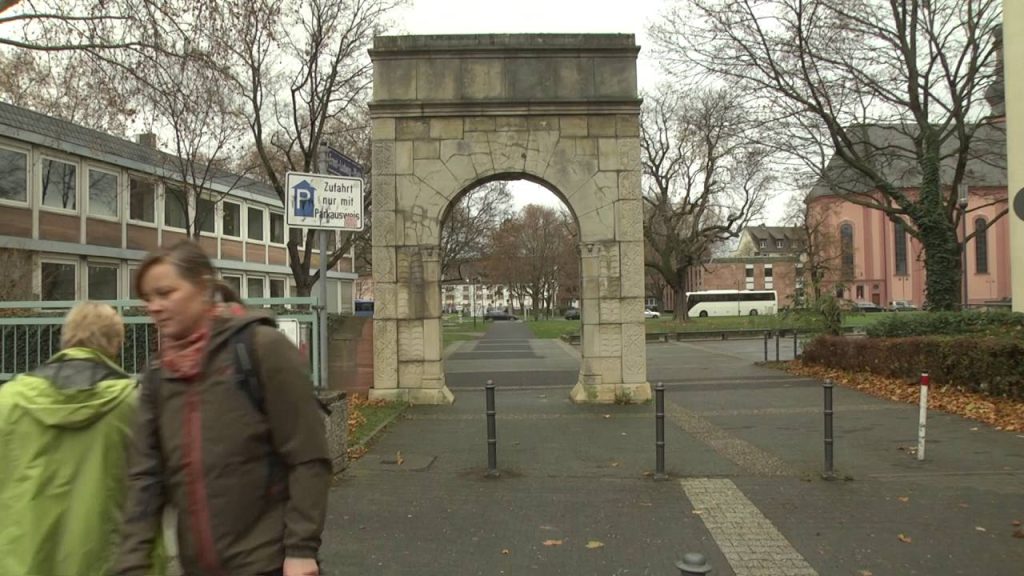
Beim Klick auf dieses Video wird eine Verbindung zum Externen-Server hergestellt und eventuell Daten übertragen.
Esther Möller has been a research associate at the Leibniz Institute of European History since November 2010 (Gerda Henkel Foundation Fellow from 2013 to 2014, and DFG-funded since April 2014). Since 2011, she has also been a lecturer in Modern History at the University of Mainz and, since 2015, project leader of the “Red Crescent” research project at the IEG.
Markus Müller
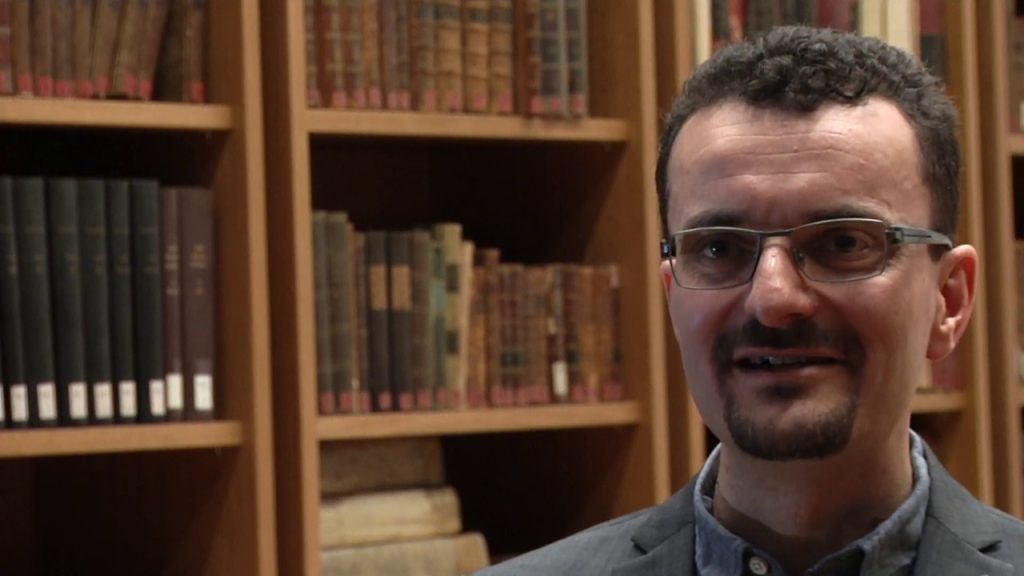
Beim Klick auf dieses Video wird eine Verbindung zum Externen-Server hergestellt und eventuell Daten übertragen.
In the video, he talks about his current research project, “Multiple Confessional Affiliations? Reception and Censorship of the Mainz Cathedral Preacher Johann Wild OFM (1495–1554)”, and the challenges of deciphering old manuscripts. He also shares his lifelong passion for playing the piano, which has accompanied him since childhood.
Patrick Rummel
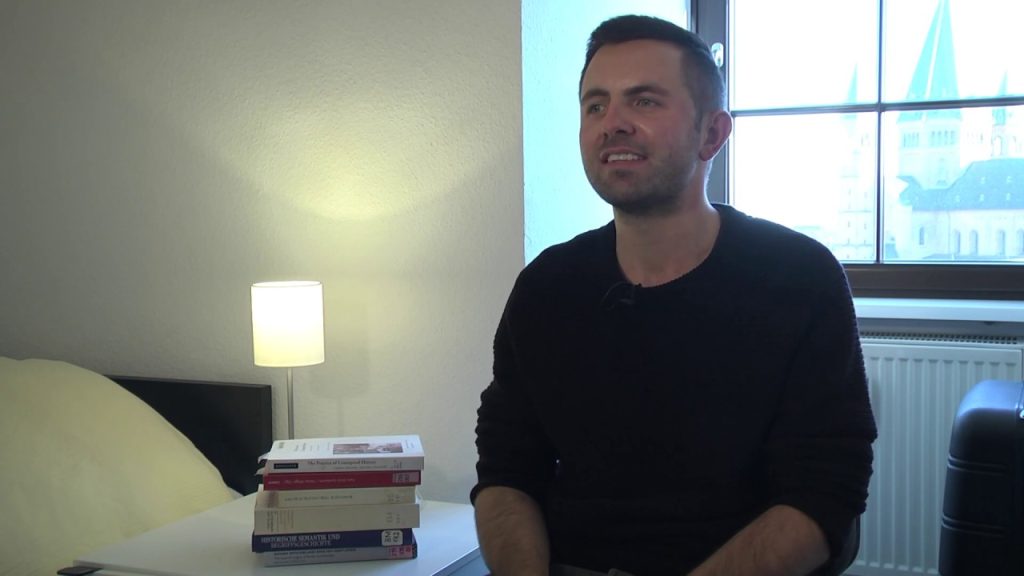
Beim Klick auf dieses Video wird eine Verbindung zum Externen-Server hergestellt und eventuell Daten übertragen.
Jan Schubert
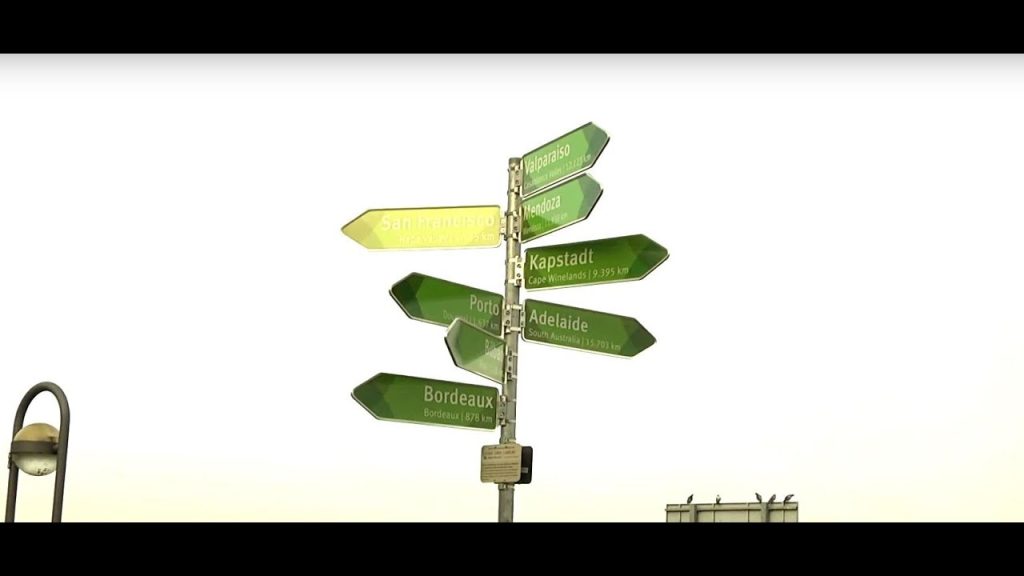
Beim Klick auf dieses Video wird eine Verbindung zum Externen-Server hergestellt und eventuell Daten übertragen.
Róisín Watson
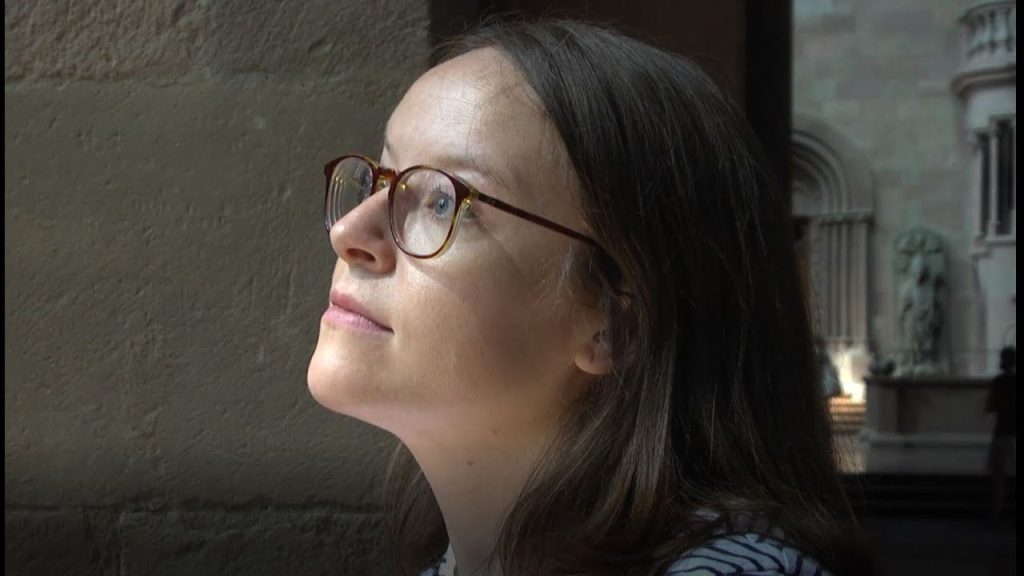
Beim Klick auf dieses Video wird eine Verbindung zum Externen-Server hergestellt und eventuell Daten übertragen.
In Mainz forscht sie in diesem Zusammenhang insbesondere zu Innenräumen von Kirchen und der Frage, wie durch die Reformation die Gestaltung von Kirchen verändert wurde. Welche katholischen Elemente blieben und was wurde entfernt? Auch der Mainzer Dom spielt bei ihrer Forschung dabei eine zentrale Rolle. Im Interview erzählt die Historikerin von den Herausforderungen bei ihrer Arbeit, etwa dem Umgang mit Quellenmaterial und dessen Einordnung, und ihrer Forschungszeit in Baden-Württemberg.
Im Porträt erzählt sie, was sie über Vorurteile von Briten und Deutschen denkt, was sie in Deutschland aus ihrer Heimat Großbritannien vermisst und wie man den perfekten Tee kocht.
Thomas Weller
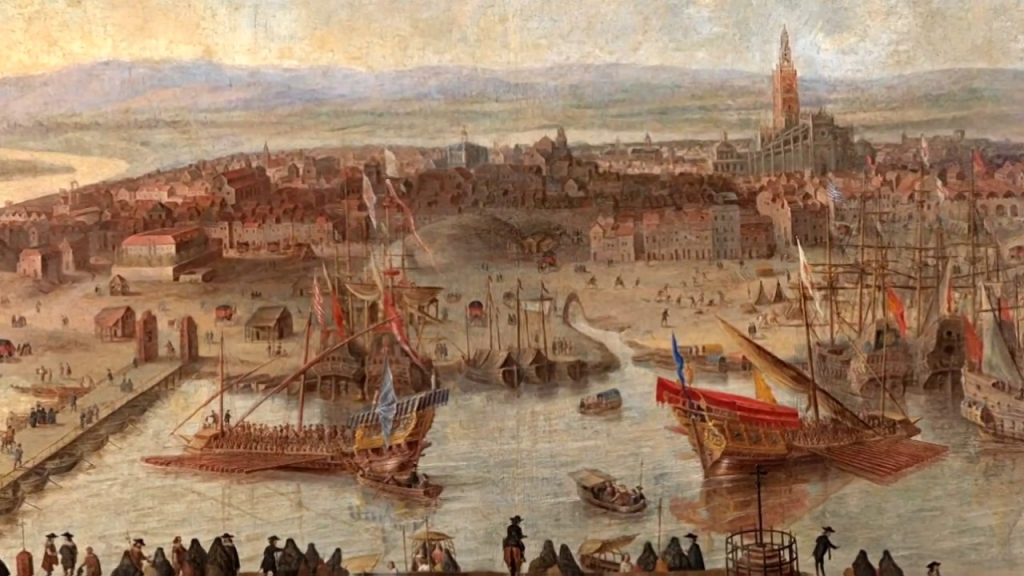
Beim Klick auf dieses Video wird eine Verbindung zum Externen-Server hergestellt und eventuell Daten übertragen.
Christian V. Witt
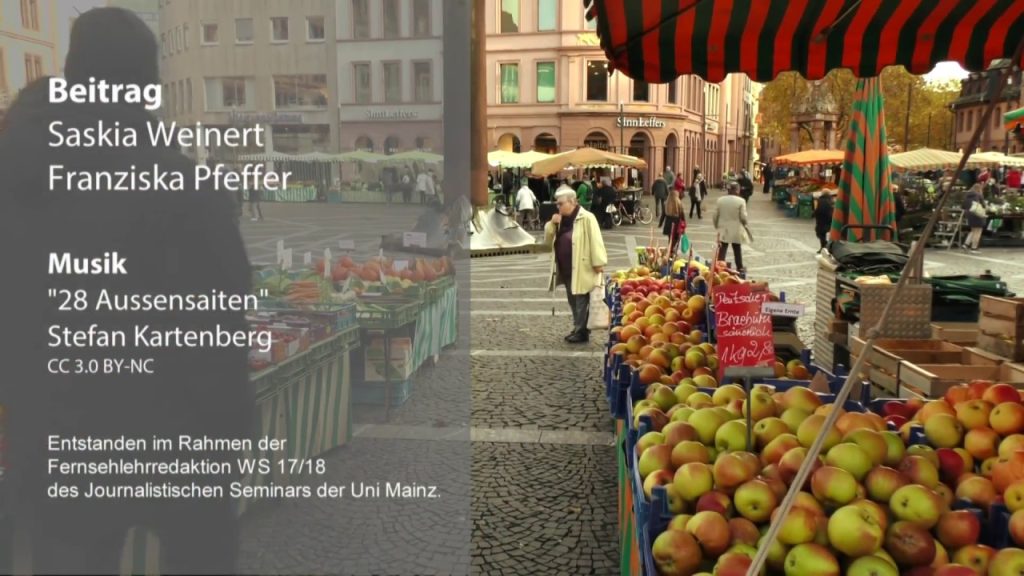
Beim Klick auf dieses Video wird eine Verbindung zum Externen-Server hergestellt und eventuell Daten übertragen.
John Carter Wood
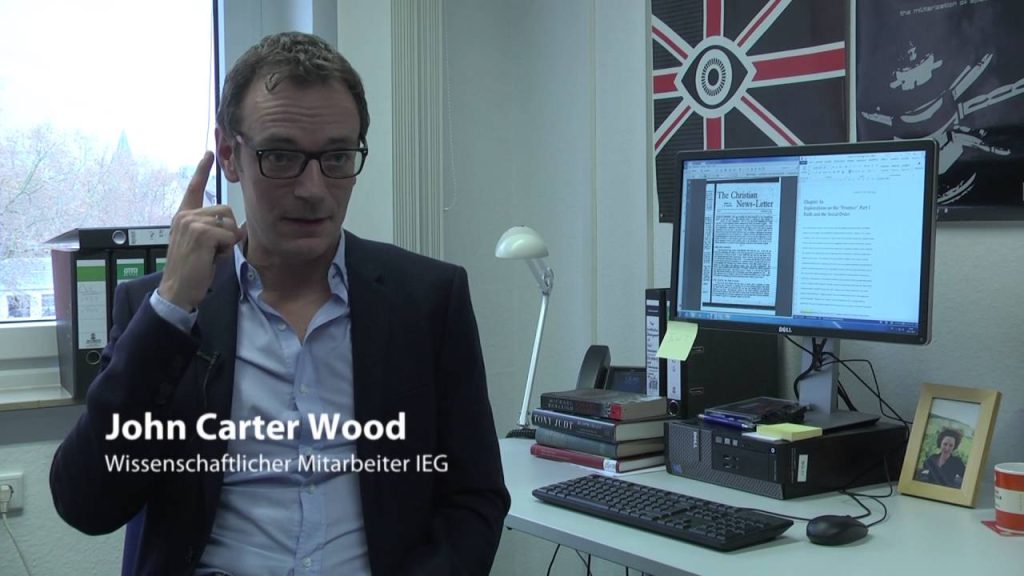
Beim Klick auf dieses Video wird eine Verbindung zum Externen-Server hergestellt und eventuell Daten übertragen.
Sein Forschungsgebiet umfasst u.a. die europäische Kriminalitäts- und Justizgeschichte der Neuzeit. In seinem 2012 erschienenen Buch »The Most Remarkable Woman In England: Poison, Celebrity and the Trials of Beatrice Pace« schildert er den Fall einer Frau, die des Giftmordes an ihrem Ehemann angeklagt wird und deshalb zum Medienstar avanciert. In seiner Freizeit liest John Carter Wood leidenschaftlich gerne, ist ein großer Film – Fan und spielt Gitarre, durchaus auch einmal gerne selbst komponierte Lieder. Der Rhein stellt für den begeisterten Sportler eine ideale Kulisse für regelmäßiges Lauftraining dar. In Deutschland möchte Wood sehr gerne dauerhaft bleiben, auch wenn er nach wie vor das klassische American Diner doch vermisst.
Global Humanitarianism Research Academy 2016
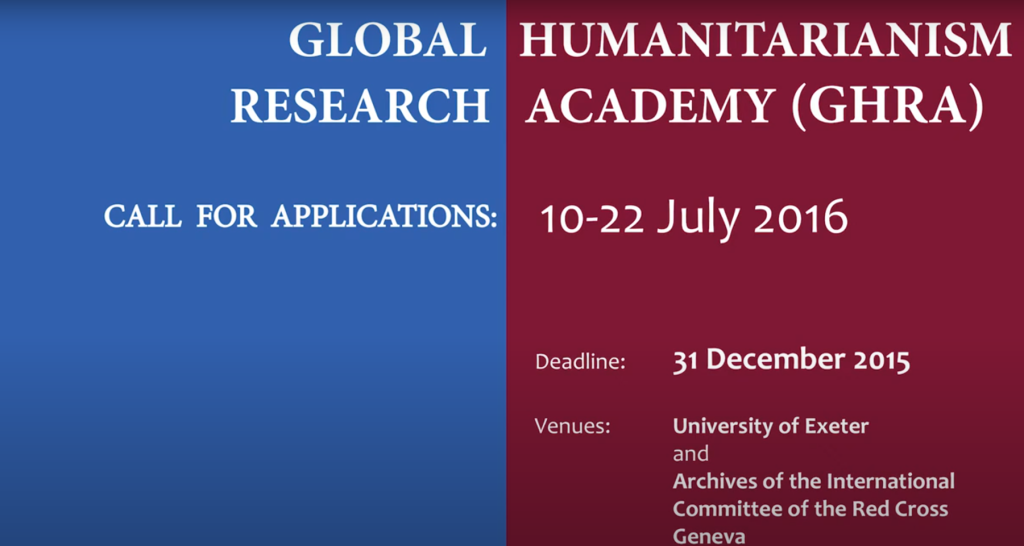
Beim Klick auf dieses Video wird eine Verbindung zum Externen-Server hergestellt und eventuell Daten übertragen.
Global Humanitarianism Research Academy 2015
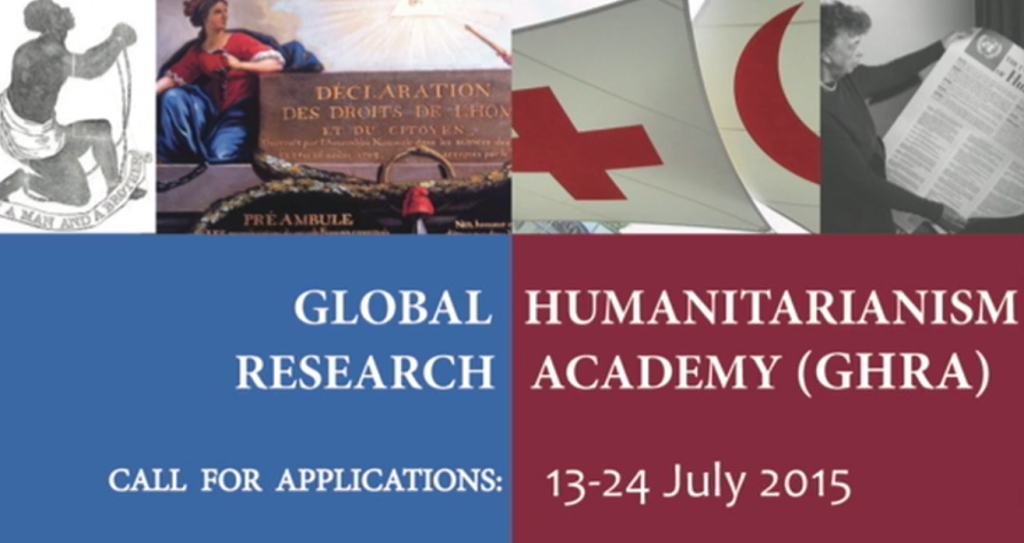
Beim Klick auf dieses Video wird eine Verbindung zum Externen-Server hergestellt und eventuell Daten übertragen.
Isaak Dentler liest Texte von Leibniz
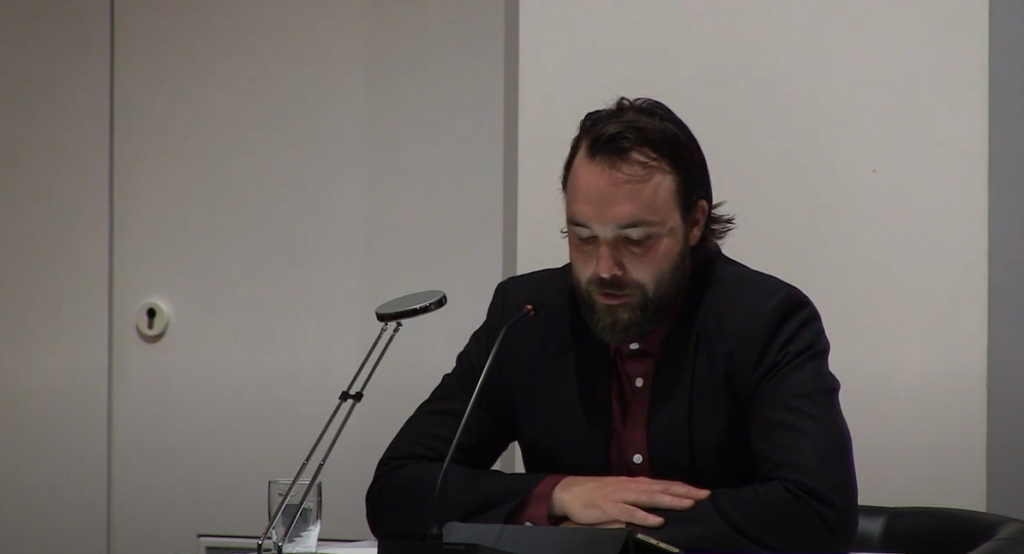
Beim Klick auf dieses Video wird eine Verbindung zum Externen-Server hergestellt und eventuell Daten übertragen.
Besuch der Botschafterin der Vereinigten Arabischen Emirate (VAE) am IEG
Beim Klick auf dieses Video wird eine Verbindung zum Externen-Server hergestellt und eventuell Daten übertragen.